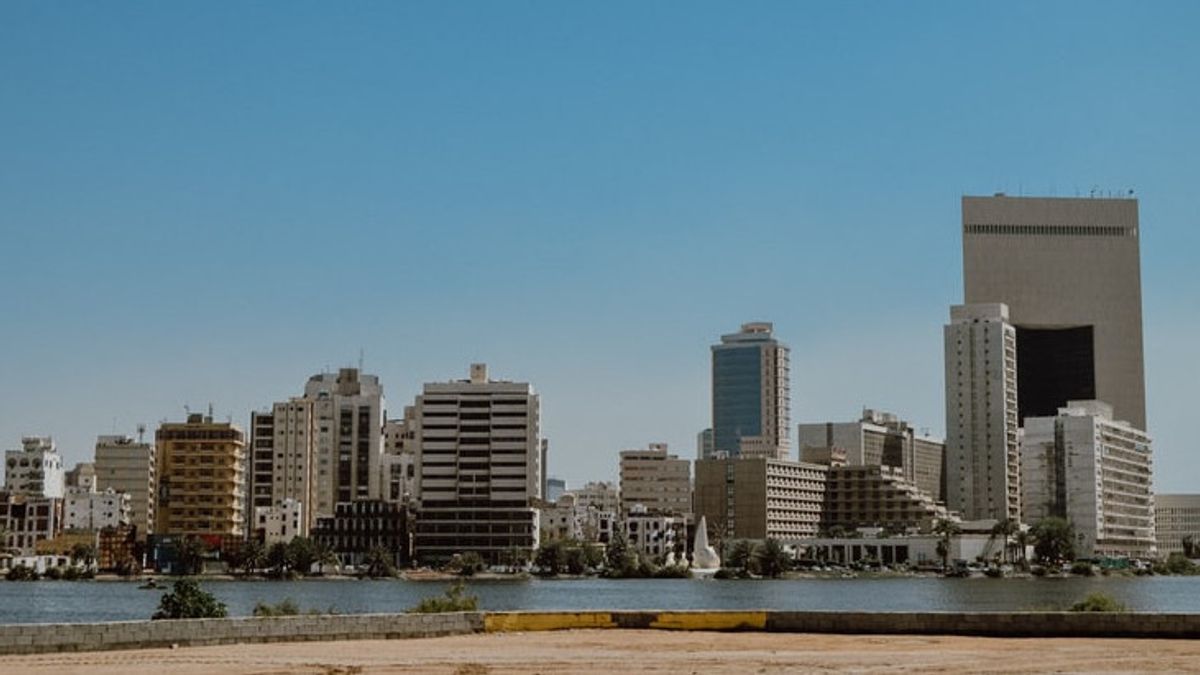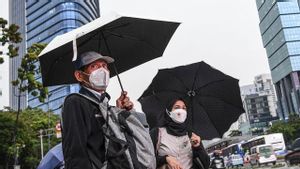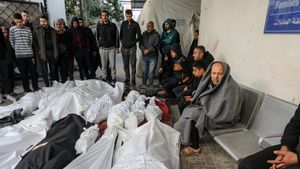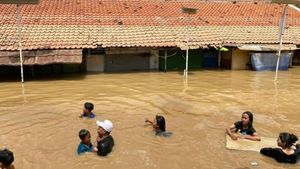JAKARTA - Various countries are facing the COVID-19 pandemic, a highly contagious virus that has emerged since December 2019. Not a few countries are overwhelmed by this kind of virus outbreak, in contrast to Saudi Arabia and Kuwait which have long experience dealing with disease epidemics.
This is because countries in the Middle East have faced the most dangerous virus disease before. Even hundreds of lives have died from an infectious virus called Middle East Respiratory Syndrome (MERS), in September 2012.
Through a retrospective investigation, the Saudi Arabian Ministry of Health later identified that the first known MERS case occurred in Jordan in April 2012. So far, all MERS cases have been linked through travel to, residence in, and countries on the Arabian Peninsula.
The largest known MERS outbreak outside the Arabian Peninsula occurred in South Korea in 2015. This outbreak was caused by a tourist who had visited the Arabian Peninsula.
This time, Saudi Arabia is much more alert in dealing with the virus. His experience with MERS means that hospitals in Saudi Arabia have set up separate units specialized in respiratory diseases, with special ventilation to protect medical personnel from infection.
"Their experience with MERS uniquely positions them where they are now because they learned a lot from it," said Joanna Gaines of the US Centers for Disease Control and Prevention.
"They know it's MERS season and they're ready for it. The preparation and process really reduces the risk of exposure to the virus," he added.
Saudi Arabia and neighboring Kuwait took drastic action from the start to deal with COVID-19. The two countries closed air travel, imposed curfews and quarantined and tested thousands of people.
In addition, Saudi Arabia has imposed a ban on entry and exit from Jeddah since Sunday, March 29, expanding the lockdown following reports of four deaths. The Saudi Arabian government imposed a ban on entering and leaving Jeddah after doing the same in other cities such as Riyadh, Makkah and Madinah.
On Saturday 29 March, Saudi Arabia also extended the suspension of international flights indefinitely. The Saudi Arabian government has also extended restrictions on work at offices.
The World Health Organization (WHO) said the Saudi Arabian government's comprehensive approach benefited from the MERS experience. Also, expertise in emergency preparedness draws on the country's experience in administering the haj, the annual Muslim worship.
"It is a coordinated surveillance center, which provides more readiness for public health services in Saudi Arabia," said Saudi Arabia senior epidemiologist Sami Almudarra.
Follow @Reuters liveblog for the latest developments around the coronavirus outbreak https://t.co/cEBwkoEQ5P pic.twitter.com/IH750pCQ5Q
- Reuters (@Reuters) March 31, 2020
Kuwait also has experience with national health emergencies. The country has experienced a health crisis due to oil well fires following the 1990 invasion of Iraq to fears of the effects of biological and chemical warfare during the 2003 US invasion of Iraq.
They took precautions for COVID-19 immediately after reporting their first case on February 24, 2020, a week before Saudi Arabia's first COVID-19 case.
The luxury resort Khiran and the five-star Al-Kout Beach Hotel have become quarantine centers. The international exhibition arena is used for testing and as an emergency hospital.
Saudi Arabia has reported 1,453 cases of COVID-19 in its country, eight of which have died. While as many as 266 cases were confirmed and there is no record of death in that number. The initial outbreaks in both countries were linked to overseas travel.
The English, Chinese, Japanese, Arabic, and French versions are automatically generated by the AI. So there may still be inaccuracies in translating, please always see Indonesian as our main language. (system supported by DigitalSiber.id)













